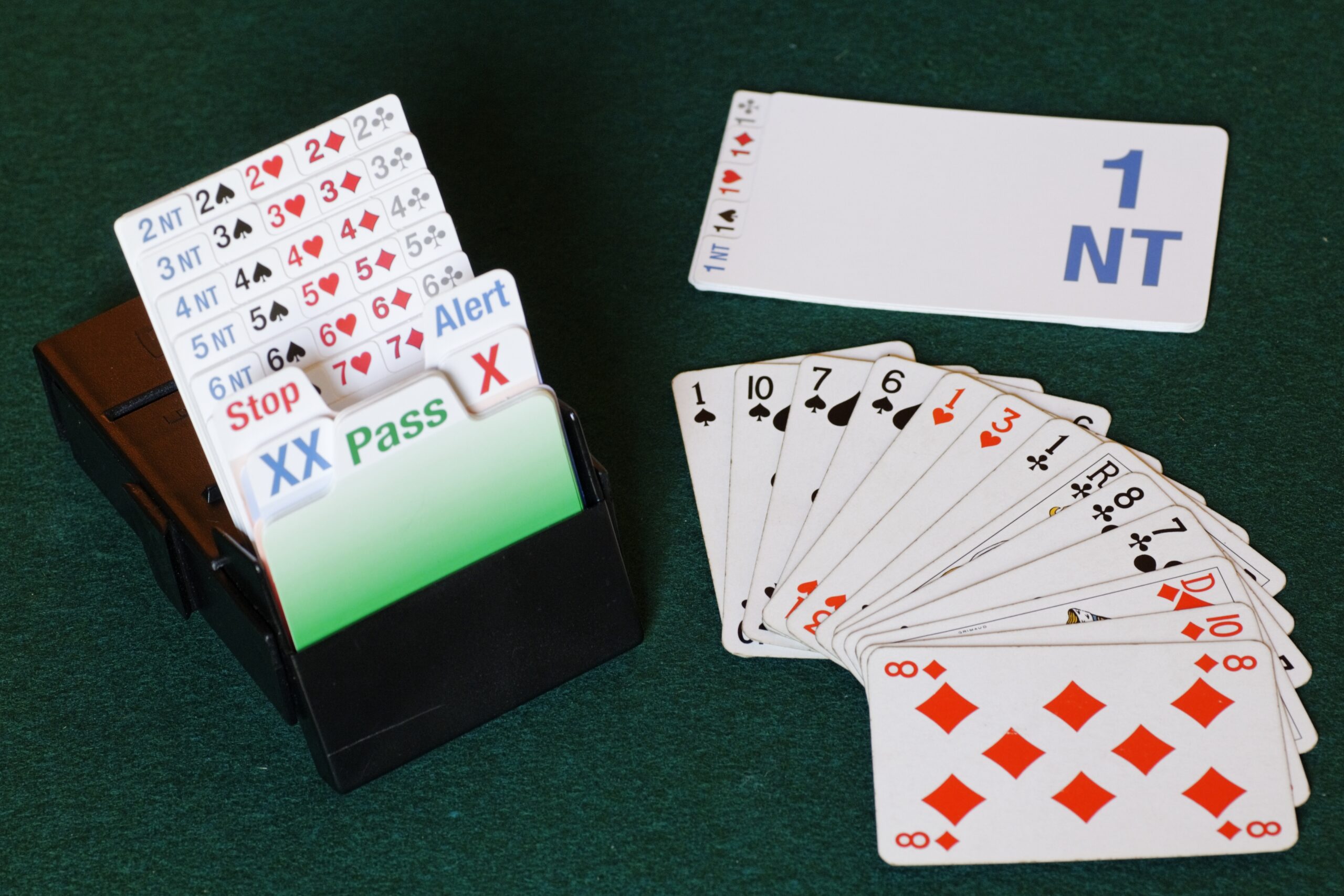![]() AN artificial intelligence has beaten eight world champions at bridge, a game in which human supremacy has resisted the march of the machines until now…
AN artificial intelligence has beaten eight world champions at bridge, a game in which human supremacy has resisted the march of the machines until now…

This article first appeared in The Guardian on 29 March 2022. To continue reading, click here.
![]() AN artificial intelligence has beaten eight world champions at bridge, a game in which human supremacy has resisted the march of the machines until now…
AN artificial intelligence has beaten eight world champions at bridge, a game in which human supremacy has resisted the march of the machines until now…

This article first appeared in The Guardian on 29 March 2022. To continue reading, click here.
![]() IN Mary Shelley’s 1818 novel Frankenstein, a scientist creates life and is horrified by what he has done. Two centuries on, synthetic life, albeit in a far simpler form, has been created in a dish. What Shelley imagined has only now become possible. But as Jeanette Winterson points out in this essay collection, the achievements of science and technology always start out as fiction. Not everything that can be imagined can be realised, but nothing can be realised if it hasn’t been imagined first…
IN Mary Shelley’s 1818 novel Frankenstein, a scientist creates life and is horrified by what he has done. Two centuries on, synthetic life, albeit in a far simpler form, has been created in a dish. What Shelley imagined has only now become possible. But as Jeanette Winterson points out in this essay collection, the achievements of science and technology always start out as fiction. Not everything that can be imagined can be realised, but nothing can be realised if it hasn’t been imagined first…
This article first appeared in The Guardian on 23 July 2021. To continue reading, click here.
![]() THE 2010s were the decade in which we were reminded that science is just a method, like the rhythm method. And just like the rhythm method, it can be more or less rigorously applied, sabotaged, overrated, underrated and ignored. If you don’t treat it with respect, you may not get the optimal result, but that’s not the method’s fault…
THE 2010s were the decade in which we were reminded that science is just a method, like the rhythm method. And just like the rhythm method, it can be more or less rigorously applied, sabotaged, overrated, underrated and ignored. If you don’t treat it with respect, you may not get the optimal result, but that’s not the method’s fault…
This article was first published in The Guardian on 26 December 2019. To continue reading, click here.
 COMPUTER scientist Luc Steels uses artificial intelligence to explore the origins and evolution of language. He is best known for his 1999–2001 Talking Heads Experiment, in which robots had to construct a language from scratch to communicate with each other. Now Steels, who works at the Free University of Brussels (VUB), has composed an opera based on the legend of Faust, with a twenty-first-century twist. He talks about Mozart as a nascent computer programmer, how music maps onto language, and the blurred boundaries of a digitized world….
COMPUTER scientist Luc Steels uses artificial intelligence to explore the origins and evolution of language. He is best known for his 1999–2001 Talking Heads Experiment, in which robots had to construct a language from scratch to communicate with each other. Now Steels, who works at the Free University of Brussels (VUB), has composed an opera based on the legend of Faust, with a twenty-first-century twist. He talks about Mozart as a nascent computer programmer, how music maps onto language, and the blurred boundaries of a digitized world….
This article first appeared in Nature on 14 September 2017. To continue reading, click here.